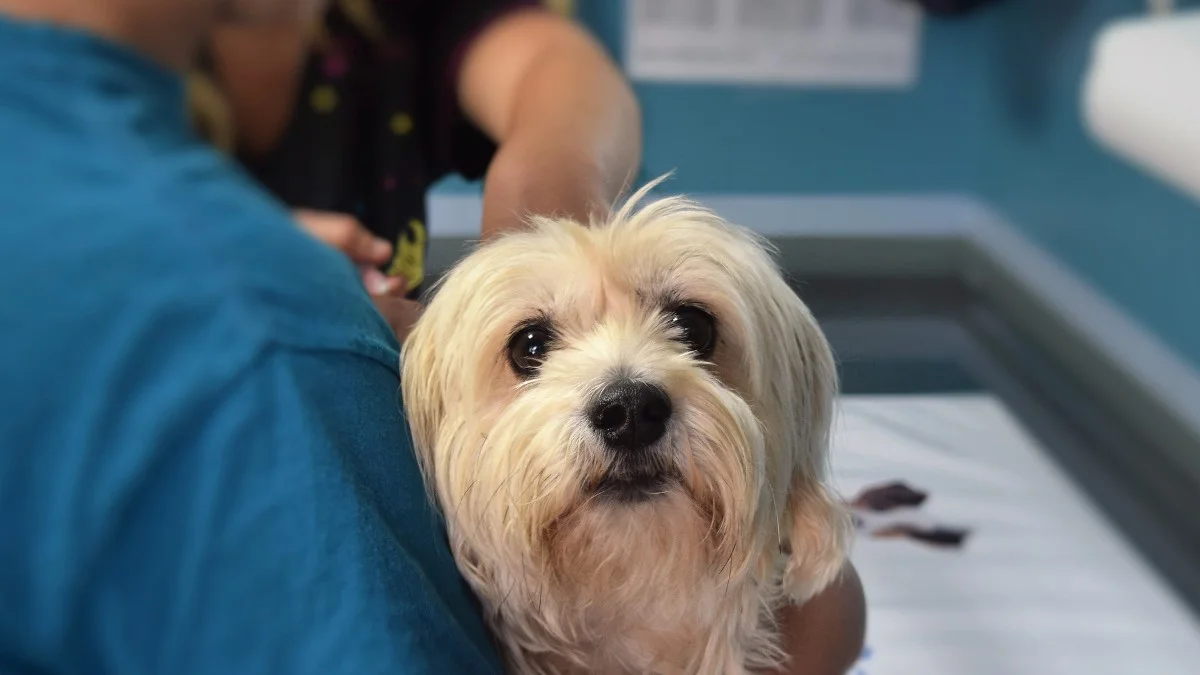
Government urged to tighten controls on imported dogs
The government is being urged to introduce measures to control the entry of dogs from countries with endemic diseases, in an Environment, Food and Rural Affairs (EFRA) Committee report published today (5 April).
The cross-party committee’s report on animal welfare tackled several issues including unregulated canine fertility clinics and unlicensed pet breeders.
During its inquiry, the committee also took evidence on biosecurity issues linked to the import of pet animals, hearing that some dogs purportedly coming from rabies-free countries are suspected of actually originating from a rabies-endemic country.
The report calls on the government to introduce steps to control the entry of dogs from countries with endemic diseases, such as Brucella canis and Leishmaniasis.
Imported dogs are also at increased risk of infectious diseases such as canine parvovirus as a result of low
welfare breeding conditions, and being kept in cramped and dirty conditions while in transit, the report read.
Of particular concern is the increase in cases of Brucella canis, as cases rose from 14 cases in 2020 to 75 in 2022.
The first reported case of dog-to-human transmission in the UK occurred in 2022, with the owner catching it from her
imported Belarussian rescue dog, the report added.
The committee has urged the government to mandate pre-import screening measures to control and
restrict the movement of dogs from countries with endemic diseases; introduce a requirement for a rabies blood (titre) test by a veterinary professional before a dog enters the UK; shorten the tapeworm treatment window from 24–120 hours to 24–48 hours; introduce mandatory tapeworm treatment for imported dogs; and reintroduce compulsory tick treatments for all non-commercial movements of dogs.
Meanwhile, the inquiry heard of media and industry concerns arose regarding the growing trend of ‘puppy yoga’, which involves classes where young puppies are placed in a studio alongside participants practising yoga.
Dr Sean Wensley, Senior Veterinary Surgeon for Animal Welfare and Professional Engagement at People’s Dispensary for Sick Animals (PDSA), told the inquiry that trend “raises issues of respecting animals and of commodifying cute animals for human gain”, describing it as “a really good example of puppies being used as commodities […] the extent to which those puppies were deprived of natural behaviour was truly shocking.”
Dr Shotton, Senior Vice President, British Veterinary Association, added: “We would be very worried about unvaccinated puppies potentially mixing with other unvaccinated pups and their potential welfare compromise, and the fact that then members of the public might be encouraged to impulse buy these pups without thinking things through.”
It’s time to enter the Dog Professionals Awards!




